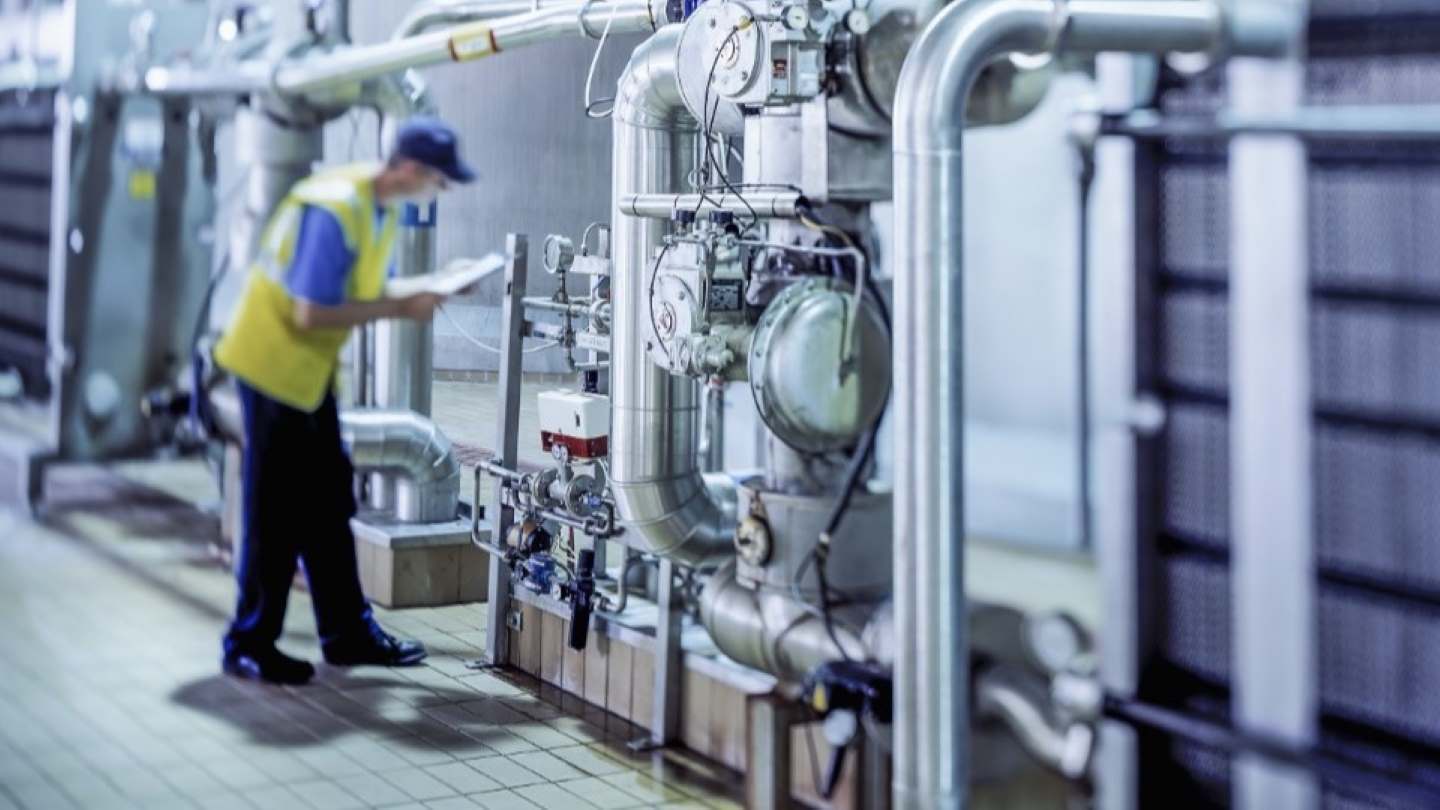30/04/2021
What red flags indicate steam temperature inconsistencies in your plant?
How much time do you spend firefighting?
Being responsible for processes and production in a brewery will often mean you spend your valuable time resolving operational issues. However, effective problem solving depends on knowing where to look for anomalies, inefficiencies or mistakes - however hidden they may be.
Consider this, is it possible that you might overlook certain areas as potential causes for production issues?
The precise control of the steam that is heating your process could be one of those hidden impacts.
Below are some ‘red flags’ that could indicate you have an issue with steam temperature control:
• Your process takes a long time to warm up
• You may find that you have to clean more regularly or use an increased amount of cleaning chemicals
• You have taste/taint/colour issues with your product
Are you experiencing these problems? Perhaps you have tried different avenues to resolve them without being entirely successful?
If so, you should take a closer look at your steam temperature controls. The increase in the temperature of the steam that is heating the wort in your kettle should be precisely controlled.
A requirement of most recipes is that the steam temperature should be ‘tracked’ by the temperature of the wort itself.
In other words, the steam temperature should gradually increase at a similar rate to the raising temperature of your wort. This relationship must be carefully maintained to control the Maillard reaction and caramelisation taking place.
Exposing the wort to a consistent heat will help to maintain flavour and overall product quality
Negative and unwanted consequences of exposing the wort to excessive heat are an inconsistency in flavour, browning, taste, taint and ultimately quality. In the worst cases it will affect product quality to the point of entirely spoiled batches.
Excessive or uncontrolled heat can also exacerbate fouling on the heat exchanger surfaces. Build-up of product burn-on has a negative effect on heat transfer efficiency, which in turn will affect your operational effectiveness. Poor heat transfer efficiency means your process will take a longer period to warm up, essentially prolonging production. And if you must clean your equipment more regularly because of the increased formation of burn-on during your batches, this again will cause production delays.
All these effects can be avoided by ensuring the steam temperature is precisely controlled in line with the raising temperature of your wort. The installation of effective steam controls and instrumentation on your process is key and Spirax Sarco can help.
We can provide:
- Controls and instrumentation to suit your requirements
- Consultation around requirements
- Advice to on the best solutions to integrate with existing infrastructure or new infrastructure
Contact your local Spirax Sarco Brewing process specialist to get advice and find out more.
Related Content
Kesselhaus
Unser Kesselhausprogramm umfasst Produkte zur Niveauregelung, Wasserstandsbegrenzung, Absalzung, Abschlammung und Kondensatüberwachung.
Spirax Sarco auf der BrauBeviale 2019: Beste Dampfqualität für bestes Bier
Auch dieses Jahr ist Spirax Sarco vom 12.-14. November auf der BrauBeviale in Nürnberg vertreten.
Ausgabe 88 des Kundenmagazins von Spirax Sarco ist jetzt verfügbar
Die neueste Ausgabe des Kundenmagazins von Spirax Sarco steht ganz im Zeichen der Lebensmittel- und Getränkeindustrie. Unter anderem wird erläutert, warum Dampf nicht gleich Dampf ist und was beim Einsatz je nach Anwendung beachtet werden muss, um eine optimale Dampfqualität sicherzustellen.
Brauereien und Brennereien
Spirax Sarco bietet Dampftechnik- und Wärmeenergiemanagement-Lösungen für Prozesse in Brauereien und Brennereien, wie beispielsweise CIP und Sterilisation.
Neu! Seminar "Dampftechnik in der Brauindustrie"
Sonder-Grundlagenseminar im September
Lebensmittelsicherheit
Verwenden Sie in Ihrem Prozess die richtige Dampfqualität? Wenn Dampf in Kontakt mit dem Lebensmittel kommt, ist diese von kritischer Bedeutung, nicht zuletzt um Lebensmittelsicherheit zu gewährleisten.

